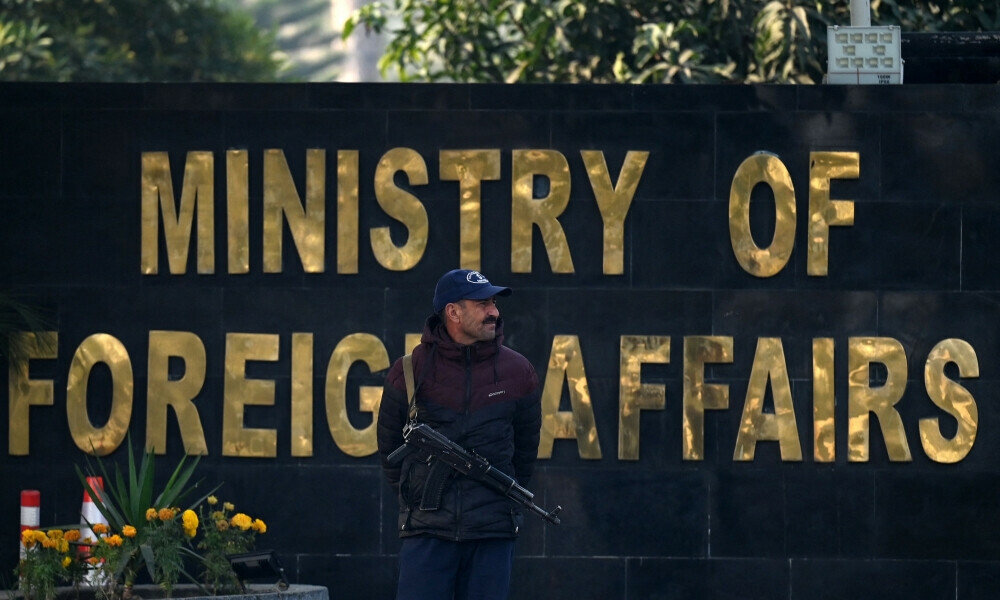Mohsin Siddiqui (Chief Reporter)
The Federation of Pakistan Chamber of Commerce and Industry (FPCCI) and the Federal Board of Revenue (FBR) have jointly proposed a significant tax reform aimed at addressing the issue of black money in the country. FPCCI President Atif Ikram Sheikh and Chairman of the Anomaly Committee (Business) at the FBR, Gohar Ijaz, have strongly recommended imposing a 30% tax on the bank deposits of non-filers as part of a broader taxation reforms agenda.
At a press conference held at the FPCCI Headquarters, Gohar Ijaz emphasized the need for immediate action against black money held by non-filers. “Around 90% of the money deposited by non-filers in banks is black money. Instead of banning foreign travel, non-filers should not be allowed to withdraw money from banks until they deposit a 30% tax and become filers,” he stated.
Atif Ikram Sheikh echoed this sentiment, highlighting the potential financial benefits of such a measure. “Imposing a 30% tax on the money kept in banks by non-filers could result in the collection of Rs13 trillion in a single day,” he noted. This proposal aims to not only curb black money but also increase the number of tax return filers significantly.
Gohar Ijaz further critiqued the current fiscal policies, pointing out that the government has imposed taxes amounting to Rs2 trillion on the general public. He urged the government to reduce its expenditures by 4.33% of the gross domestic product (GDP) and present this plan to the National Assembly. Additionally, he called for the termination of agreements with Independent Power Producers (IPPs) to alleviate financial burdens.
Ijaz also proposed introducing an usher system and imposing Ushr tax on agricultural income, suggesting this as an alternative to burdening the salaried class and exporters. He emphasized that if agriculture is considered a provincial matter, the federal government still has avenues to collect taxes from this sector.
Atif Ikram Sheikh strongly rejected the concepts of late-filers and non-filers, advocating for a system where everyone earning an income is required to file tax returns. “We can increase the number of return filers to 50 million by introducing a simple, five-line or one-page tax return form under a self-assessment scheme,” he proposed. This move is aimed at simplifying the tax filing process and encouraging more people to become compliant.
Sheikh clarified that the FPCCI is not seeking any subsidies from the government. Instead, the focus is on ensuring that all individuals earning an income contribute to the tax system, promoting equitable taxation across the board.
The FPCCI has expressed strong opposition to the Finance Bill proposal by the FBR, which suggests treating businessmen involved in fraudulent activities with punishments of up to 10 years and making such offenses non-bailable. Sheikh criticized this approach, stating, “The business-friendly scheme is good, but the non-bailable warrants are reprehensible. The tax culture has to be made respectable.”
The FPCCI has also rejected changes in the tax regime for exporters, arguing that such measures would be detrimental to the business community.
The FBR’s Anomaly Committee has put forth several recommendations aimed at refining the tax system:
Restoration of Zero-Rating on Petroleum Products: To enable businesses to adjust input sales tax effectively. Opposition to Federal Excise Duty (FED) on Properties: The committee rejected the proposal of a 5% FED on commercial properties and the first sale of residential properties, noting that FED is a federal subject.
Exemption for Medical Supplies to Charitable Hospitals: The committee recommended restoring exemptions on medical supplies to charitable hospitals, ensuring these essential services are not financially burdened.




